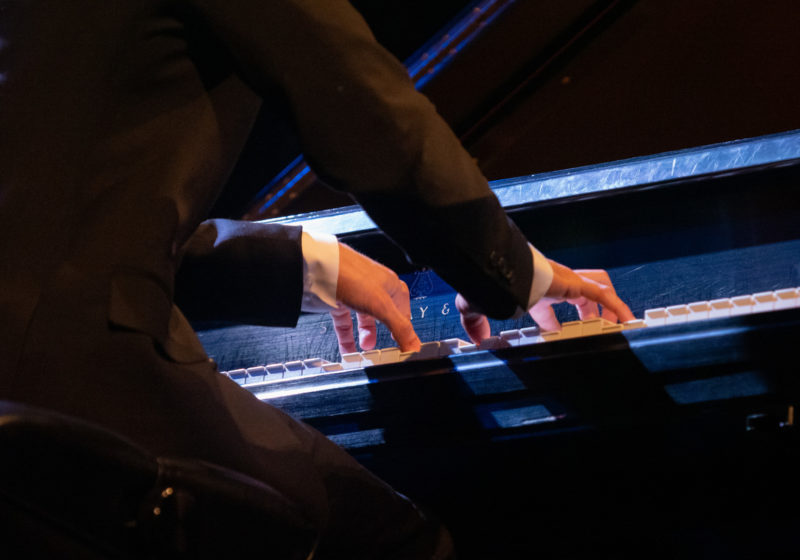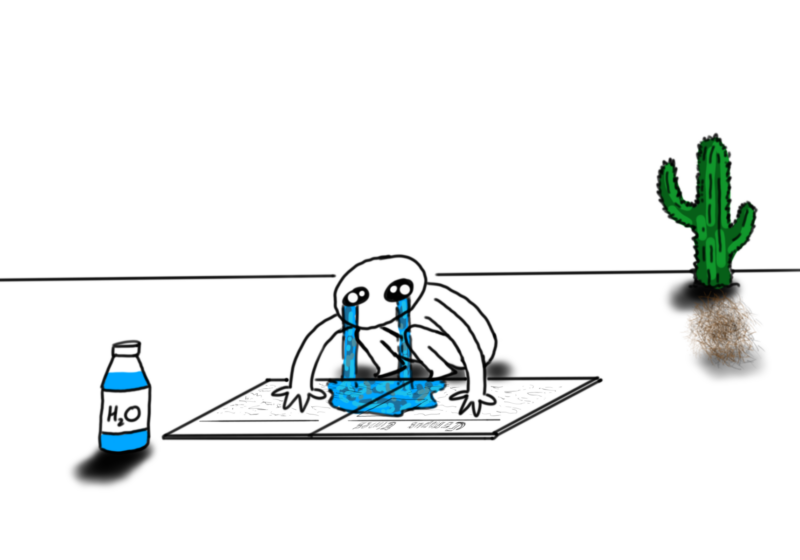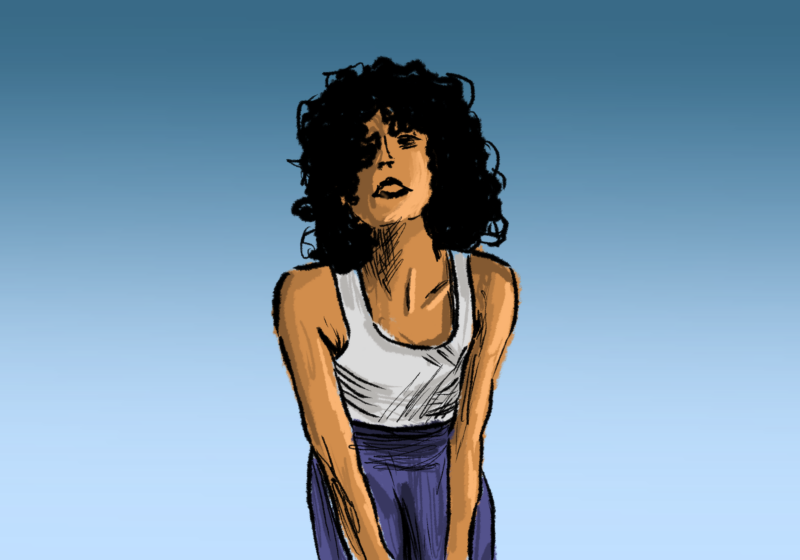It’s a classic story: A kid is forced to learn an instrument from a young age, they play it throughout their childhood, and they develop a sticky, bittersweet relationship with it. In the end, is the struggle to learn and improve on an instrument you never really chose worth it? Is the constant battle between the love for the music you’ve grown up with and the resentment you have for the constant challenge in your life worth the fight? For me, it was.
I started playing piano when I was around four years old — that was 15 years ago! — and since then, the longest I’ve ever gone without touching piano keys was probably two months. This was an immense amount of dedication to something that I wasn’t even planning to be “productive” with — a.k.a. in our society, I wasn’t going to make money off of it — so there must have been something worth holding on to, right?
The easy guess is that I was always so purely in love with music and piano that I couldn’t bear to let them go, even as my life got busier. Although that’s the sweeter, neater tale, it’s a bit more complicated than that. I struggled a lot with piano — not just to learn the complex instrument, but to love it entirely. Family and peers who played instruments were, at least in my own head, constantly placed beside me in competition. I felt pressure to improve, innovate, and be the best in order to prove something to others — and more devastatingly, to prove something to myself. The seed of my musical interest was grown in the searing sunlight of competition and doubt, and as a result I never felt stable enough in my own abilities to let go of all the pressure I was gripping on to. Hatred and resentment sprouted when my self-criticism hit too hard, and they threatened to take everything down around them. Piano never felt like it was mine; it was something I was trying over and over to earn the right to.
It’s difficult to learn to love something that you didn’t choose in the first place, something that didn’t originate from love and then slowly soured. I didn’t choose piano; for a while, it was more of a nuisance than a hobby. But somehow, sometime, love grew. It was deeply buried, hard to reach, and often smothered. But it was there, and by high school, it was strong enough that when I was truly on the verge of quitting any kind of formal training, I found the strength to hold on tighter, dig further, and find something of my own to grow. There was something there that made it worth it for me to fight for my own connection to the art, distanced from all the factors that made me learn to hate it. In a way, I had to start over.
And so, I took a pause. I switched teachers, and got incredibly lucky with one who encouraged me and helped me tunnel into what I loved, not what I was told I should learn. I learned pieces for myself, I composed for myself, and I found confidence not because I got “good enough,” but because I learned that there was no such thing. Anything I had was good enough to be loved.
This summer, I started learning the guitar. I deliberately wanted to learn on my own — this was just for me, to explore a new instrument, to propagate a new relationship to music. Let me tell you, learning a new instrument after playing one for almost your entire life is a hell of a humbling experience. I was starting bottom-up, and I was doing it from an incredibly pure reservoir of love. Even though my guitar skills are miles lower than my piano skills, in some ways I feel I can express myself even more wholly through strings than keys. There’s just something about doing it all for myself that has helped me heal the damages to my relationship to music that I often forget are still there.
The love and hate I’ve had for the piano were both planted and grown; neither existed innately nor permanently. If you too have learned to hate something you once loved — or something you never chose — remember that with dedication, it can be uprooted, and love can make a home in its place. There is always time. There is always room.






